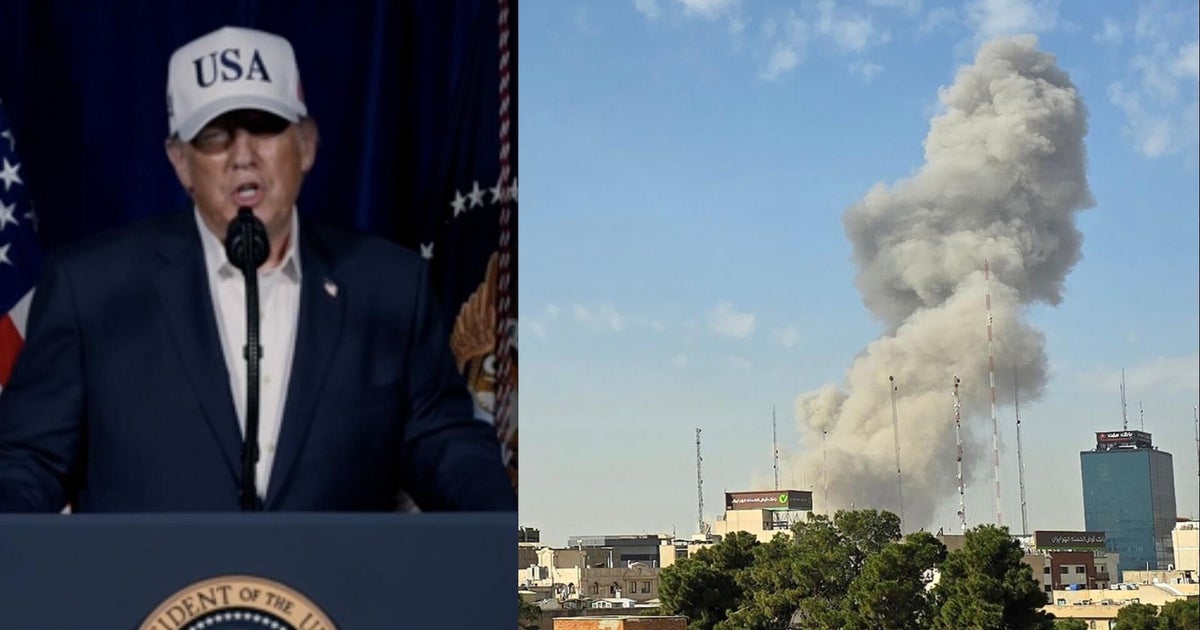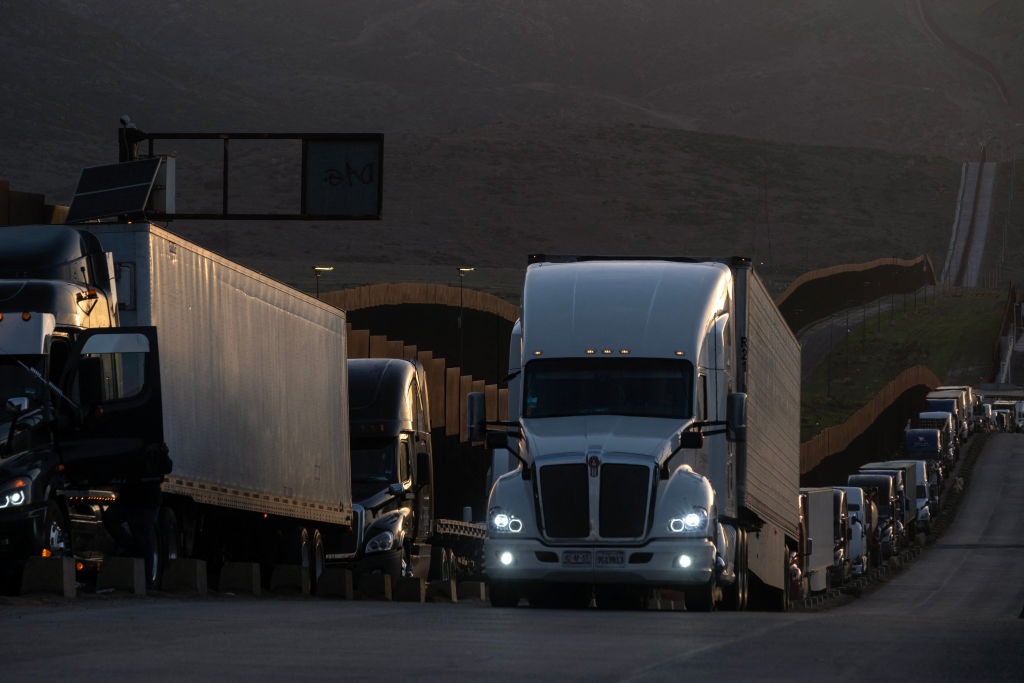Trump tariffs on Canada imports could lead to sharply higher gas prices, experts warn
Americans may be shelling out more for gasoline if the incoming Trump administration follows through on threats to impose tariffs on imports from Canada and Mexico.
President-elect Donald Trump this week said he would enact a 25% tariff on all products from both countries, citing concerns about illegal immigration and illicit drugs flowing into the U.S. While prices could climb on a variety of goods shipped to the U.S., the potential impact on motorists and on the transportation sector could be particularly acute, analysts say.
"Canada and Mexico are huge U.S. trading partners, so it's a shot across the bow of longtime U.S. allies," Patrick De Haan, head of petroleum analysis at GasBuddy, told CBS MoneyWatch.
"For a lot of the U.S., it could be problematic for what they pay at the pump," De Haan said of the tariffs' impact, in particular to inland regions such as the Great Lakes, Midwest and the Rockies. "The coastal areas have more options — they don't rely as much on Canadian crude."
Although the U.S. is the world's leading oil producer, we still import a lot of crude, with Canada providing roughly 20% of the oil used stateside. As a result, gas prices could shoot up 30 to 40 cents a gallon, and potentially up to 70 cents, within as little as two days after the tariffs take effect, De Haan said.
The national average for a gallon of regular on Wednesday stood at $3.07, down from $3.25 a year ago, according to AAA.
The threatened tariffs on imports from Mexico and Canada could also result in a $3,000 increase in the cost of the average car, according to Wolfe Research analysts cited by the Wall Street Journal. Roughly $97 billion in auto parts are imported to the U.S. from the two nations annually, and 4 million vehicles are shipped in — roughly 3 million from Mexico and 1 million from Canada, the firm estimated.
To be sure, it remains uncertain if Trump will follow through on his trade threats. Some analysts think the president-elect is likely using the specter of tariffs as a way to wring concessions from other countries, noting that his administration will be eager to avoid setting off another round of inflation just as U.S. prices are growing at a normal level.
"We would be surprised if [the tariffs] were ever actually implemented," analysts with investment adviser Capital Economics wrote in a report, noting that the auto sectors in the Canada, Mexico and the U.S. are tightly interconnected.
In a post to his Truth Social platform Wednesday evening, Trump said that he "just had a wonderful conversation" with Mexican President Claudia Sheinbaum, during which he alleged that Sheinbaum "agreed to stop migration through Mexico, and into the United States, effectively closing our southern border."
He said the two also spoke about "what can be done to stop the massive drug inflow into" the U.S.
Sheinbaum responded with her own social media post, writing that in her "conversation" with Trump she "explained to him the comprehensive strategy that Mexico has followed to address the migration phenomenon, respecting human rights. Thanks to this, migrants and caravans are assisted before they reach the border. We reiterate that Mexico's position is not to close borders but to build bridges between governments and between peoples."
His post comes a day after Sheinbaum indicated that Mexico could retaliate with tariffs of its own if Trump followed through with his threat to impose tariffs on Mexico.



